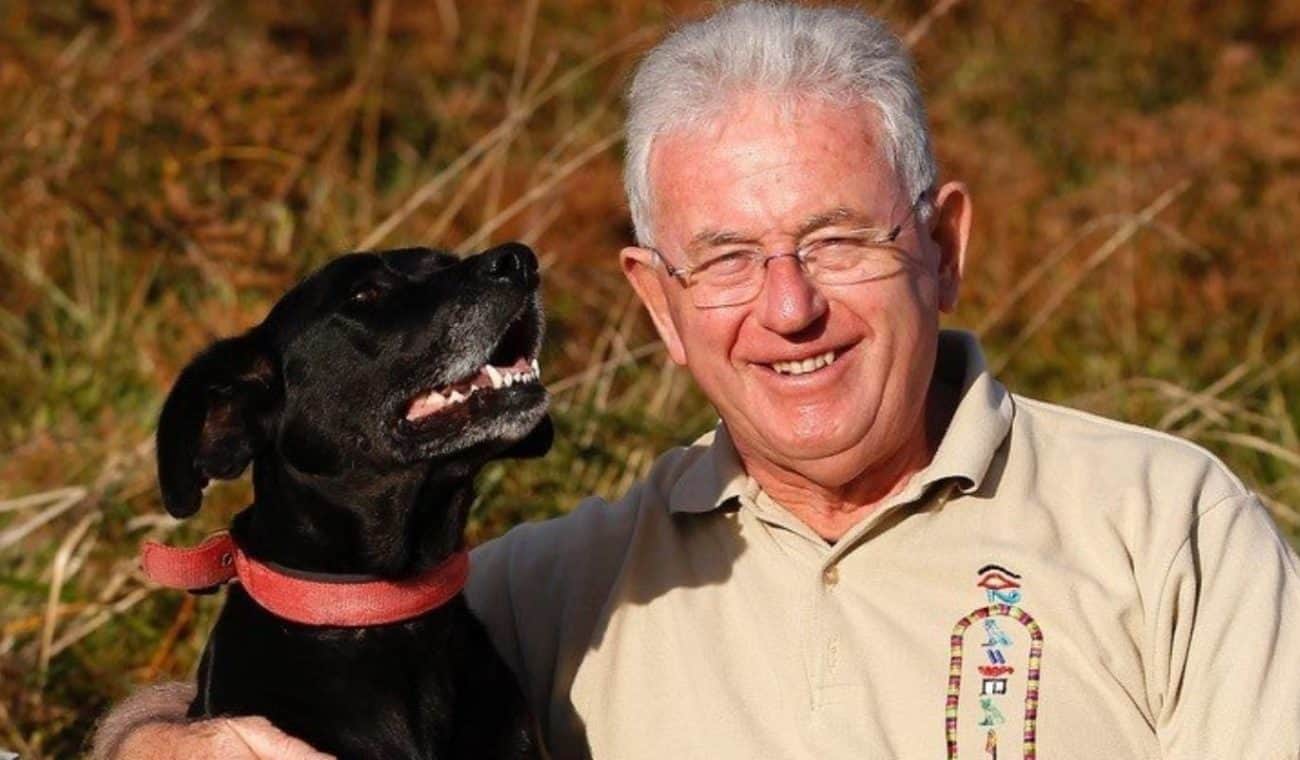On Daffodil Day, Sir Michael Cullen joins our supporters to call for End of Life Choice
Sir Michael Cullen’s cancer diagnosis led him to join Yes for Compassion supporters calling for a yes vote in the End of Life Choice referendum on 17 October.
In February this year, the former Labour deputy Prime Minister received devastating news he had Stage IV small cell lung cancer with secondary cancer in the liver.
He says “I am one one those with cancer, in my case inoperable and incurable. Chemotherapy has knocked it back. But it will return and I will die earlier than I had been expecting, like so many with cancer.
“Daffodil Day is about all those of us with cancer. It is also about how we can reduce the incidence of this complex of different diseases which, together, kill many of us.”
Sir Michael Cullen says despite ‘excellent’ palliative care here in New Zealand he still has concerns about how he will die. He believes the End of Life Choice Act is a safe piece of legislation that offers dignity to those like himself with incurable cancer.
He says “Many of us with terminal illnesses think about what the last weeks or months may be like. Our health services talk us through this. Our good people in the hospice movement provide excellent end-of-life care for many. We are told our pain can be controlled to a tolerable level. This will suit many of us. But for many others, myself included, there is an overriding issue of control and dignity.
“I have carefully read the End of Life Choice Act. It provides safeguards against pressure coming on the dying person from others. Its scope is limited. It does not force any medical professional against their conscience. It respects the rights of those who find assisted euthanasia morally abhorrent. But it offers to people like me the chance of finishing the life I have enjoyed so much in a way consistent with my moral beliefs and my sense of the dignity of human life.
“It is not about what some rather too lightly dismiss as “being a burden”. I do not want my only choice being to die in a near-comatose state on morphine, which has been administered knowing it will shorten my life anyway. I do not want to lose control of my bodily functions so that my dignity has disappeared with the ebbing of my life. When I reach those last stages, if that is the prospect, I want the choice to be able to decide when the time is right to complete the circle of life.”
His voice joins hundreds of others with incurable cancer around New Zealand who want a choice not to suffer as they die.
Bobbie Carroll of Piha was diagnosed with multiple myeloma in September 2016, a rare form of incurable blood cancer. Following successful treatments, she has recently relapsed and wants a choice over how she dies.
She says “This is my journey; treatment, remission, relapse. One day, my Haematologist will tell me all treatment options have run out and we’re going into palliative care.
“I’m not afraid of death but I sure am scared of how I die. I’ve researched what could happen and it’s not pleasant. Give me a heart attack or aneurism any day.”
This Daffodil Day, Bobbie asks voters to think of her situation and vote yes to the End of Life Choice Act on 17 October.
“If assisted dying is not for you, that’s perfectly OK. Maybe you have religious or cultural reasons influencing your decision. But please, do not take away my choice,” she says.
“By voting yes, you are giving me the choice to not die in a morphine haze; the choice not to die in pain that cannot be controlled; the choice to be coherent at my end.”
Stu Armstrong of Christchurch also asks Kiwis for their support this Daffodil Day, following his diagnosis with metastatic prostate cancer in 2014.
He says to voters “This election you have the chance to vote yes in the End of Life Choice referendum. This small act by you will make a huge difference to people like me who are living with cancer.
“Cancer robs me and my family of so much life and love. We live under the constant shadow of my cancer taking over and running out of treatment options.
“To have a choice near the end would give me comfort and reassurance that my death will be gentle. Me and my family won’t have to endure a traumatic or unmerciful ending. We would have the chance to say goodbye and I can die on my own terms.”

